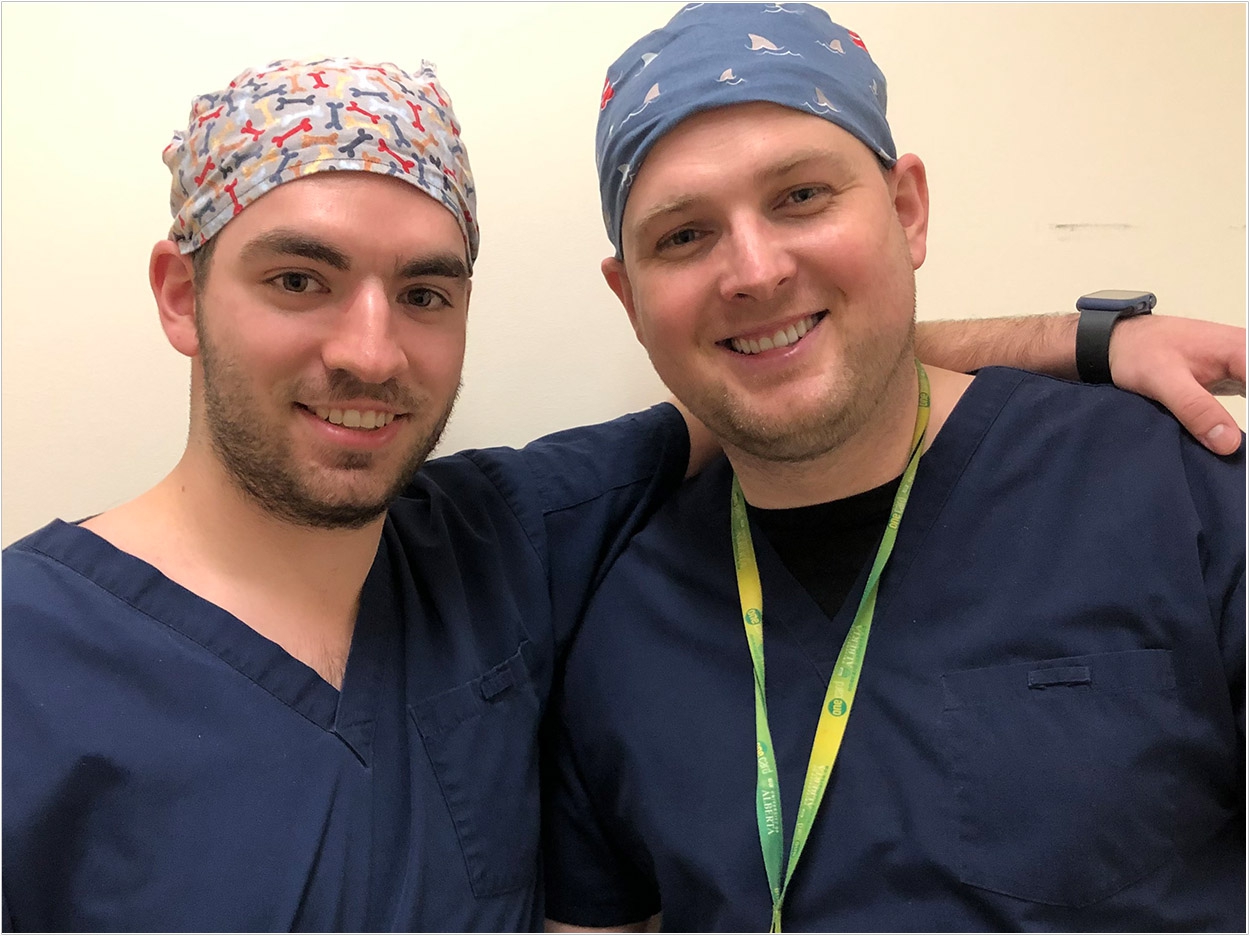
The University of Alberta School of Dentistry has partnered with the Métis Nation of Alberta to provide access to oral healthcare for the more than 46,000 members of the Métis Nation.
“I was chicken to go to the dentist all my life and I hadn’t been for 20 years. I didn’t have coverage, so I just never went,” said Diane Valentine, a member of the Métis Nation and a resident of Fort Assiniboine who received a full set of dentures as part of the program. “I had bad teeth so I never really smiled, but now I can.”
The members of the Métis Nation are now being encouraged to use the affordable and high-quality pediatric, emergency, denture, and other dental services carried out under faculty supervision by U of A students who are training to become dentists and dental hygienists, according to the school.
“Some people in the Métis community may avoid going into a health clinic because they haven’t felt comfortable or welcome,” said Suzanne Depledge, comprehensive care director at the school’s oral health clinic and someone who has recently connected with her own Métis heritage. “Our goal is to make sure our patients are treated respectfully and are appreciated by our faculty, staff, and students.
“Unlike First Nations and Inuit peoples, Métis people do not receive any form of subsidized healthcare,” said Reagan Bartel, health director for the Métis Nation of Alberta. “This program enables Métis Albertans who may have challenges accessing oral healthcare due to a variety of factors often linked to social determinants of health, discrimination, or mistrust of the health system.”
Both Depledge and Bartel said that along with providing better access to oral healthcare, the goal of the partnership is to expose students to Métis culture.
“We want to increase awareness and be recognized as a unique and distinct people. Remember, a lot of our community has suffered from discriminatory health policies over the years,” Bartel said.
“Training the next generations of dentists and oral hygienists who can treat us in a manner that is appropriate will bring us the greatest improvement in our oral health outcomes,” she said.
Wojciech (Walter) Junikiewicz and Reid Boulet, fourth-year dental students who recently formed a dentistry and dental hygiene student initiative called “Access for All Dentistry,” are working to set up free or low-cost clinics for Métis patients in central or northern Alberta. The Alberta Dental Foundation has expressed interest in supporting the project, and a partnership is being finalized.
“You should have the right of access to care no matter where you live, no matter how much money you make,” said Boulet, who grew up on a farm near Grande Prairie. “It’s important for everyone to get used to having regular dental checkups instead of just going when you’re in pain.”
“Most dental diseases are preventable if you catch things early,” said Junikiewicz, who worked as a dental hygienist in northern Alberta before starting the dentistry program. “This program will be a great way to bridge the gap for patients and for student learning opportunities.”
Bartel said she hopes the model of mutual benefit behind the partnership will inspire other professionals or academics to approach the Métis Nation to provide accessible services.
“Partnerships like this help make the concepts of truth and reconciliation more ingrained and alive instead of just words on a document that was written 10 years ago,” Bartel said.
“Our partnership is based on friendship and trust,” Depledge said. “The intention on both sides is to care for the Métis patients and give our students the experiences they need. We want our students to gain a good understanding and have the experience of treating patients from many different communities.”
The student dentist who did Valentine’s dentures, Patrick Kuny, spotted another medical issue as well. Rather than just accepting her high blood pressure as “white coat syndrome,” he suggested she have it checked. She is now on blood pressure medication.
“I never knew anything like that was wrong with me,” she said.
When asked what advice she has for other Métis people who may be hesitant to take part in the program, Valentine said she would encourage them to give it a try.
“The student dentists make you feel comfortable, and they make you beautiful teeth!” she said.
Related Articles
Partnership Aims to Reduce Pediatric Tooth Decay Among Indigenous Populations
More Than a Quarter of Canada’s Indigenous People Only See the Dentist for Emergencies
Study to Examine Cannabis’ Effect on Oral Health in Indigenous Communities



